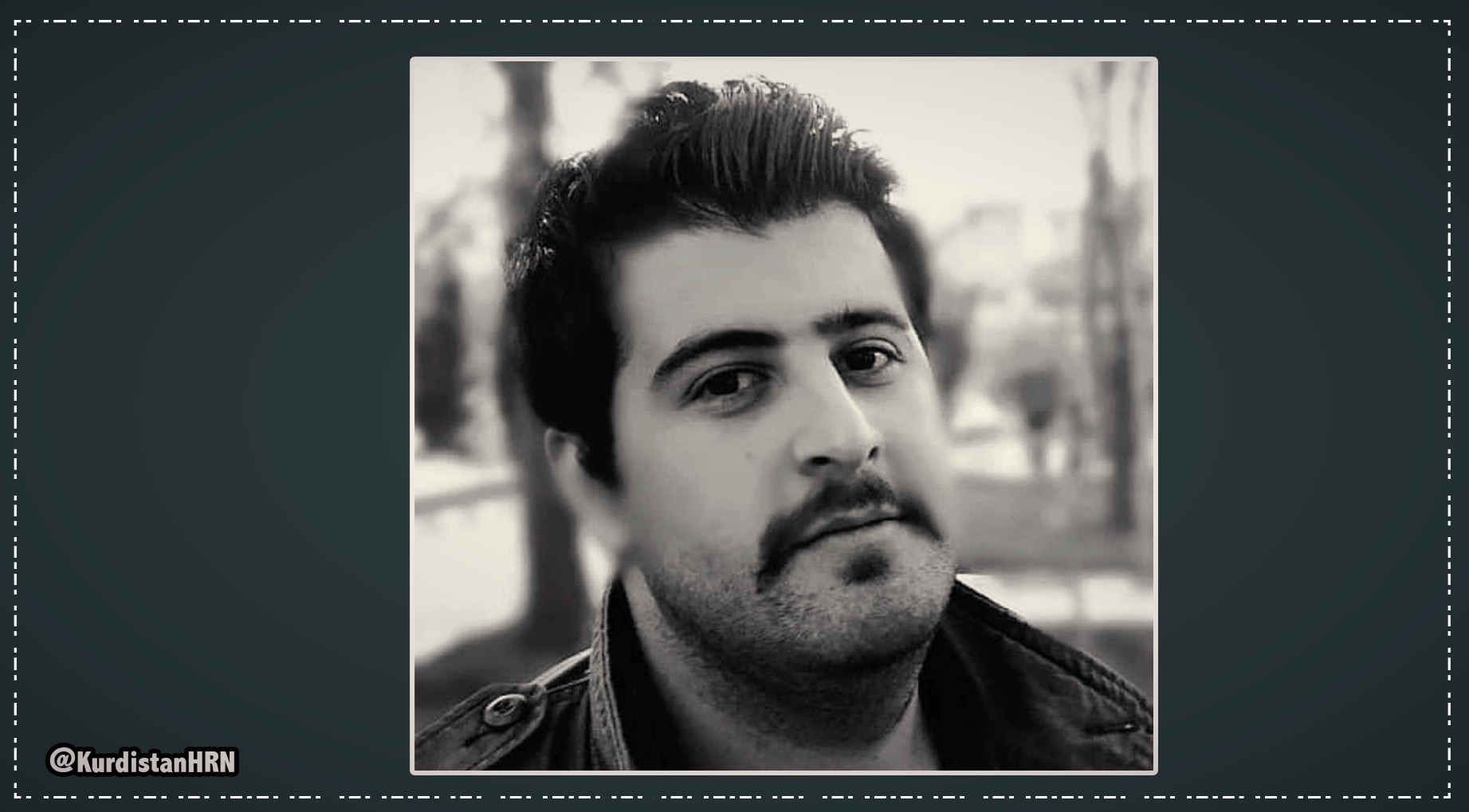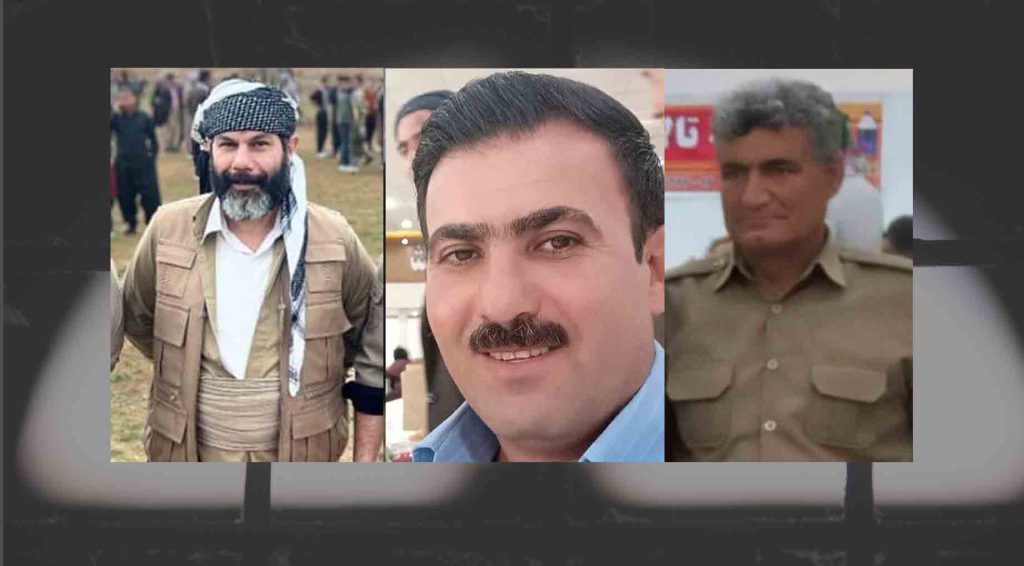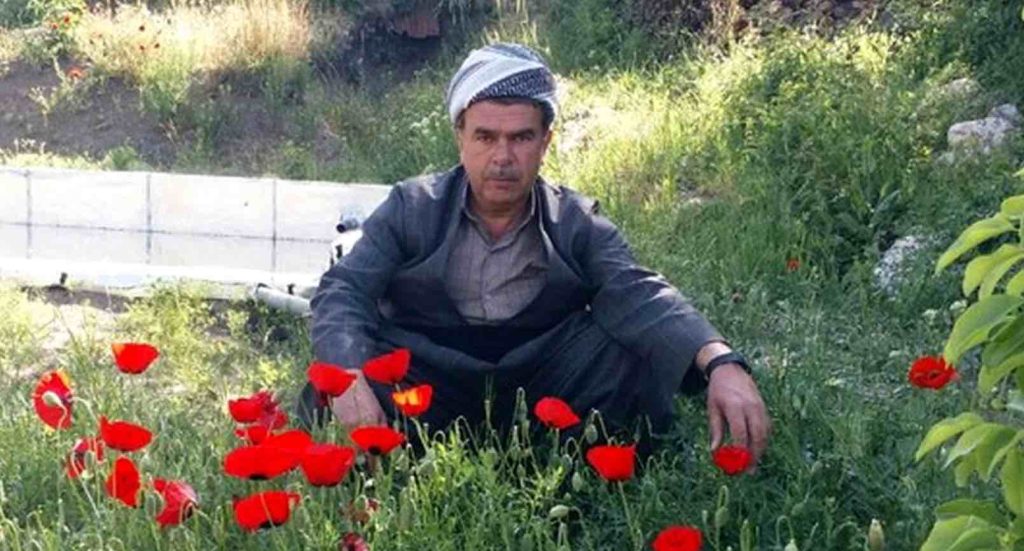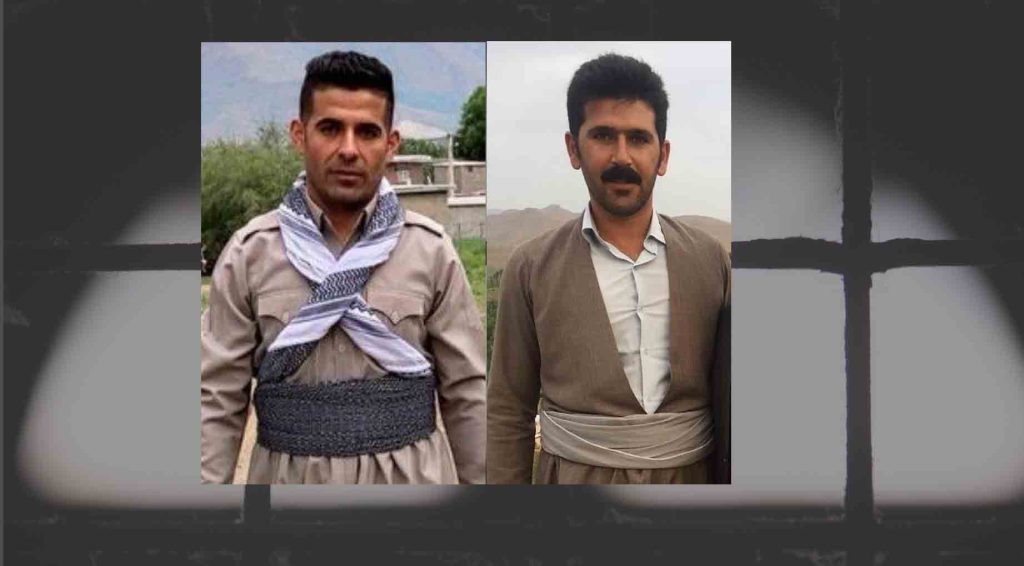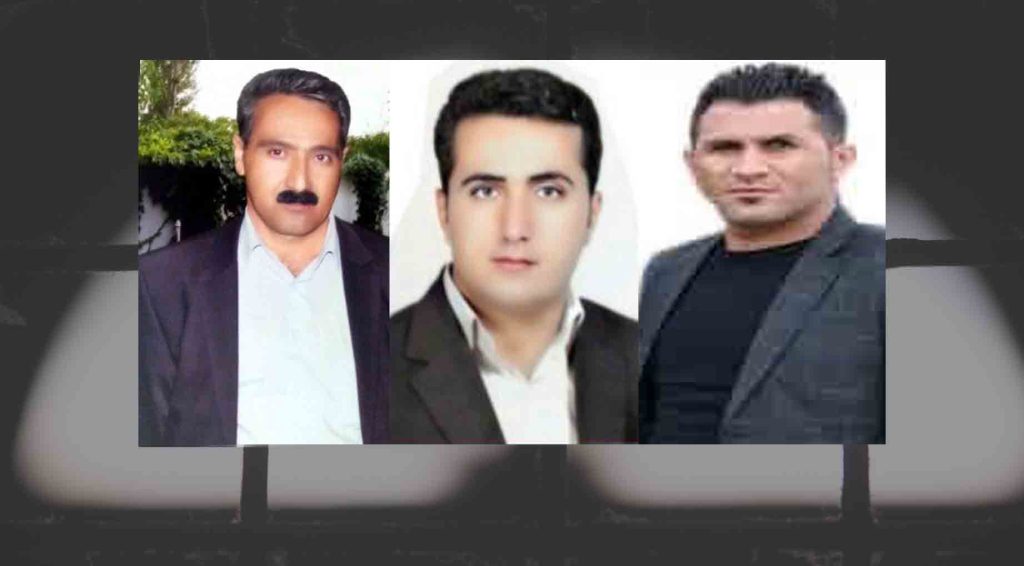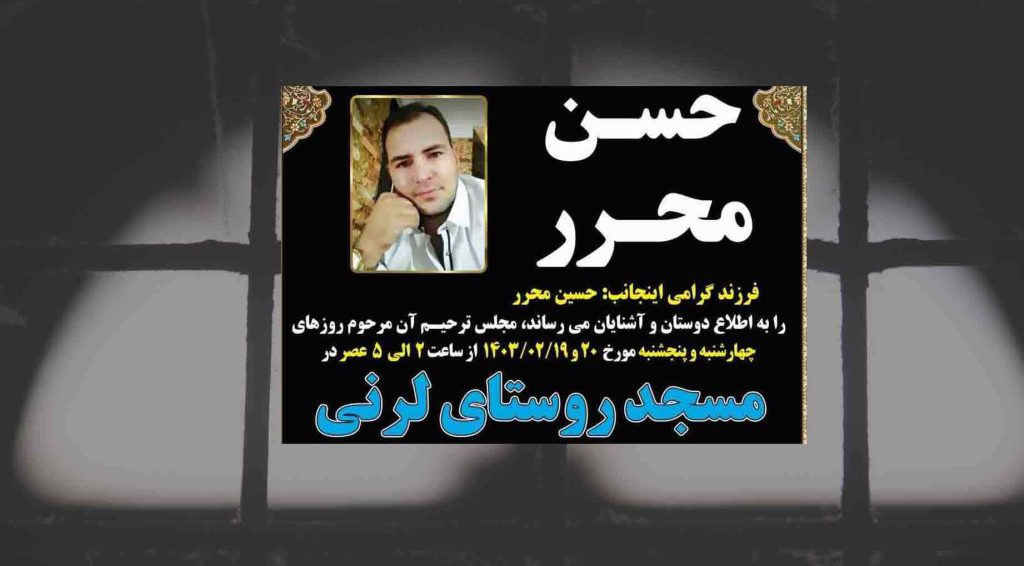Kurdish civil rights activist Farzad Samani has been temporarily released from Orumiyeh Central Prison after 13 months of temporary detention.
The activist was released on 12 February on two billion Tomans – 80,000 USD – bail.
Two days earlier, on 10 February, Sakar Eini, a Kurdish civil rights activist, who was arrested along with Samani and Mohammad Houshangi, was also released on bail.
The Intelligence Organisation of the Islamic Revolutionary Guard Corps (IRGC) had arrested the activists in Tehran and Karaj on 9-10 January 2021, during a widespread wave of arrests of Kurdish activists and civilians.
Security forces had arrested at least 100 Kurdish civilians and activists during the wave of arrests.
The three activists were pressured and interrogated for six months in the Haft-e Tir detention facility of the Intelligence Organisation of the IRGC in Orumiyeh, Iran’s northwestern West Azerbaijan province.
They were accused of “armed insurrection” (baghi) through “membership in a Kurdish opposition party”.
After their interrogations ended, they were transferred to Orumiyeh Central Prison.
Although Samani and Eini were released on bail, Houshangi still remains in prison.
For the past year, Branch 1 of the Islamic Revolutionary Court of Orumiyeh had been refusing to hear the case of these Kurdish activists on the pretext of lack of sufficient investigation in their cases.
Farough Samani, Farzad Samani’s brother, had spoken to the Kurdistan Human Rights Network (KHRN) a month ago and said: “One year has passed since the arrest of my brother Farzad Samani and Sakar Eini, and despite the constant follow-ups of the families and lawyers, their situation remains unresolved. Javad Gholami, a judge at the Branch 1 of the Islamic Revolutionary Court of Mahabad, who is in charge of the case, has so far delayed their trial due to ongoing investigations and insufficient documentation, and has refused to issue bails for their temporary release.”
On 10 January, Samani was among the prisoners of conscience beaten by the special prison forces after the prisoners resisted being transferred to the newly-built security ward.
He was taken to solitary confinement along with some other prisoners and returned a few days later.

